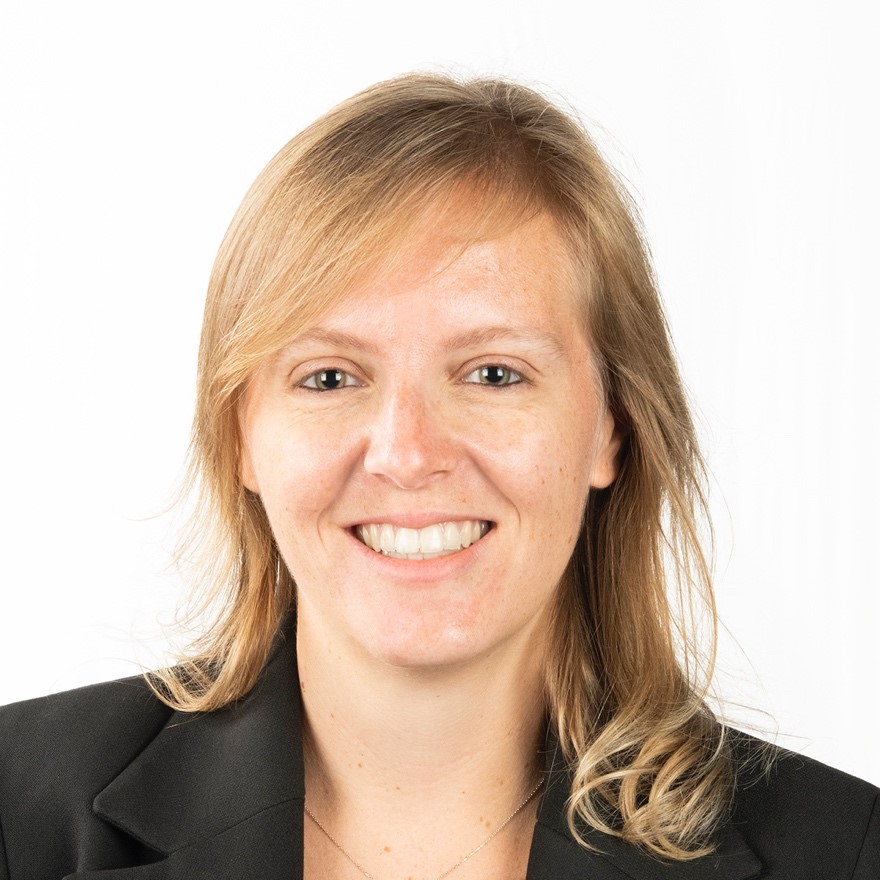About the Project
This project originated from the convergence of two worlds: the realm of museums and the field of Digital Humanities. In 2016, when I joined the team at the Louvre Abu Dhabi to prepare for the museum’s opening, a folio from the Blue Qur’an was already part of the collection. This remarkable piece had been acquired in 2014 and was considered one of the masterpieces in the Louvre Abu Dhabi’s new collection. At that time, I had a strong sense that there was more to uncover about this object. However, with the opening of the museum, other priorities took over.
As I delved deeper into the realm of Digital Humanities and eventually moved to pursue my PhD at Yale University, this project resurfaced in my mind. The manuscript’s captivating yet largely unknown history, the exceptional quality of its folios with their unique color, and the notable fact that both museums and private collectors were willing to pay significant sums – hundreds of thousands of dollars – for a single page, all piqued my curiosity. I started to locate the scattered folios of this manuscript around the world with the hopes that the scholarly community would gain a better understanding of the manuscripts out of this work.
Objectives
The aim of this research project is to:
- Create a comprehensive list of all known institutions and private collections that hold folios from the Blue Qur’an.
- Map the holding institutions to understand the life of this manuscript and its dispersion.
- For each identified folio, document their provenance and gather relevant metadata.
- Analyze known folios to determine their correct order.
- Create a digital reconstruction of the Blue Qur’an.
Expected outcomes
The expected outcomes of this research project include:
- A comprehensive list of all known Blue Qur’an folios, their locations, and relevant metadata.
- A digital reconstruction of the Blue Qur’an, that can be studied and appreciated as a complete work of art.
- A better understanding of the dispersion and preservation of the Blue Qur’an, and its significance as a cultural artifact.
This is an important project that will provide scholars and the general public with a comprehensive understanding of this unique manuscript. This project has the potential to enhance our knowledge of the dispersion and preservation of historical manuscripts, and to serve as a model for similar projects in the future.
The Team
Estelle is a French curator and researcher currently pursuing her PhD in Medieval Studies at Yale. She previously worked for cultural institutions in France and the Gulf, including the Louvre Abu Dhabi where she developed digital research. She participates in several DH projects and is the co-creator of the Paris Bible Project, a digital humanities initiative studying abbreviations and special letter forms as markers of scribal practices. In her dissertation, she aims to recover the history of medieval female scribes, using both traditional and digital methods of history and art history. At Yale, she co-created the Graduate Digital Humanities Colloquium, a working group bringing together graduate students across disciplines to explore how digital tools can offer new possibilities in humanistic inquiry.
